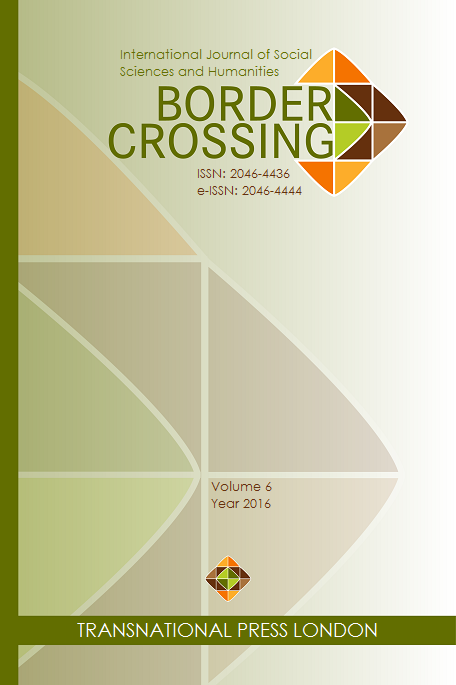Cinematic Search for Identity in the Shade of Turkey’s 1960 Coup: The Social Realism Debate and The Hope
Cinematic Search for Identity in the Shade of Turkey’s 1960 Coup: The Social Realism Debate and The Hope
Author(s): Celal Hayir, Ayman KoleSubject(s): Political history, Post-War period (1950 - 1989), Film / Cinema / Cinematography, Sociology of Art
Published by: Transnational Press London
Keywords: 1960 Turkey coup; political climate; realism discussion; realist movies; social realism;
Summary/Abstract: When the Turkish army seized power on May 27th, 1960, a new democratic constitution was carried into effect. The positive atmosphere created by the 1961 constitution quickly showed its effects on political balances in the parliament and it became difficult for one single party to come into power, which strengthened the multi-party-system. The freedom initiative created by 1961’s constitution had a direct effect on the rise of public opposition. Filmmakers, who generally steered clear from the discussion of social problems and conflicts until 1960, started to produce movies questioning conflicts in political, social and cultural life for the first time and discussions about the “Social Realism” movement in the ensuing films arose in cinematic circles in Turkey. At the same time, the “regional managers” emerged, and movies in line with demands of this system started to be produced. The Hope (Umut), produced by Yılmaz Güney in 1970, rang in a new era in Turkish cinema, because it differed from other movies previously made in its cinematic language, expression, and use of actors and settings. The aim of this study is to mention the reality discussions in Turkish cinema and outline the political facts which initiated this expression leading up to the film Umut (The Hope, directed by Yılmaz Güney), which has been accepted as the most distinctive social realist movie in Turkey.
Journal: Border Crossing
- Issue Year: 7/2017
- Issue No: 1
- Page Range: 153-168
- Page Count: 16
- Language: English

